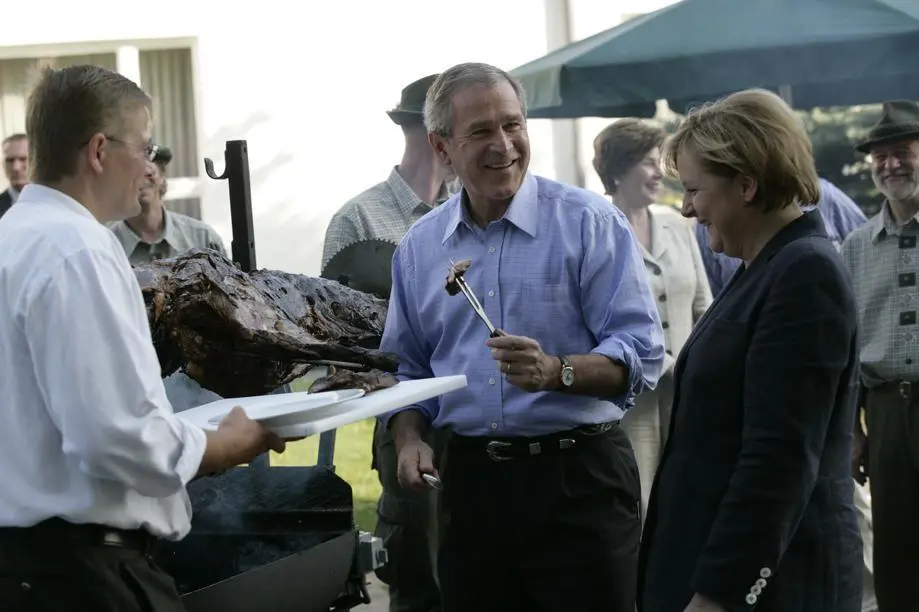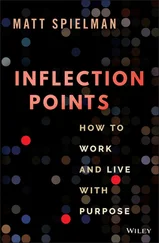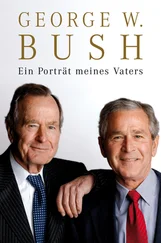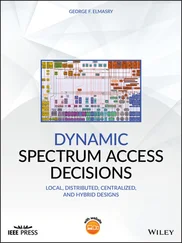For six months, Syria responded with defiance. Then, on February 14, 2005, a huge car bomb in Beirut destroyed the motorcade of Rafiq Hariri, Lebanon’s pro-independence former prime minister. All the evidence pointed to a Syrian plot. We recalled our ambassador from Damascus and supported a UN investigation.
A week after Hariri’s murder, Chirac and I had dinner in Brussels. We issued a joint statement calling the car bombing a “terrorist act” and reiterated our support for a “sovereign, independent, and democratic Lebanon.” Chirac and I rallied Arab nations to pressure Syrian President Basher Assad to comply with the UN resolution. On the one-month anniversary of Hariri’s murder, nearly a million Lebanese people—a quarter of the nation’s population—turned out at Martyrs’ Square in Beirut to protest Syria’s occupation. People began to speak of a Cedar Revolution, named for the tree in the middle of Lebanon’s flag.
The Syrians got the message. Under the combined pressure of the international community and the Lebanese people, Syrian occupation troops began to withdraw in late March. By the end of April, they were gone. “People used to be afraid to say anything here,” one Lebanese citizen told a reporter. “People seemed to be opening up more today, and feeling more comfortable to speak their mind.”
That spring, the anti-Syrian March 14 Movement won a majority of seats in the parliament. Fouad Siniora, a close adviser to the slain Hariri, was named prime minister.
The Cedar Revolution marked one of the most important successes of the freedom agenda. It took place in a multi-religious country with a Muslim majority. It happened with strong diplomatic pressure from the free world and with no American military involvement. The people of Lebanon achieved their independence for the simplest of reasons: They wanted to be free.
The triumph of democracy in Lebanon came two months after the free elections in Iraq and the election of President Abbas in the Palestinian Territories. Never before had three Arab societies made so much progress toward democracy. Lebanon, Iraq, and Palestine had the potential to serve as the foundation of a free and peaceful region.
“It’s strange for me to say it, but this process of change has started because of the American invasion of Iraq,” Lebanese political leader Walid Jumblatt said. “I was cynical about Iraq. But when I saw the Iraqi people voting three weeks ago, eight million of them, it was the start of a new Arab world. The Syrian people, the Egyptian people, all say that something is changing. The Berlin Wall has fallen. We can see it.”
He wasn’t the only one who observed the trend or recognized its consequences. The rising tide of democracy in the Middle East in 2005 jolted the extremists. In 2006, they fought back.

On July 12, 2006, Laura and I stopped in Germany on our way to the G-8 summit in St. Petersburg, Russia. German Chancellor Angela Merkel and her husband, Professor Joachim Sauer, had invited us to the town of Stralsund, which was in Angela’s home district. Laura and I were fascinated by Angela’s description of growing up in communist East Germany. She told us her childhood was happy, but her mother constantly warned her not to mention their family discussions in public. The secret police, the Stasi, were everywhere. Laura and I thought of Angela at Camp David when we watched The Lives of Others , a movie depicting life under the Stasi. It was hard to believe that less than twenty years had passed since tens of millions of Europeans lived like that. It was a reminder of how dramatically freedom could change a society.
In addition to serving as a staunch advocate for freedom, Angela was trustworthy, engaging, and warm. She quickly became one of my closest friends on the world stage.

With Angela Merkel at a pig roast near her hometown in former East Germany. White House/Eric Draper
While we were on our way to Germany, Hezbollah terrorists in southern Lebanon launched a raid across the Israeli border, kidnapped two Israeli soldiers, and touched off another foreign policy crisis. Israel responded by attacking Hezbollah targets in southern Lebanon and bombing the Beirut Airport, a transit point for weapons. Hezbollah retaliated by lobbing rockets at Israeli towns, killing or wounding hundreds of civilians.
Like Hamas, Hezbollah had a legitimate political party and a terrorist wing armed and funded by Iran and supported by Syria. Hezbollah was behind the bombing of the American Marine barracks in Lebanon in 1983, the murder of a U.S. Navy diver aboard a hijacked TWA flight in 1985, the attacks on the Israeli embassy and a Jewish community center in Argentina in 1992 and 1994, and the bombing of the Khobar Towers housing complex in Saudi Arabia in 1996.
Now Hezbollah was taking on Israel directly. All the G-8 leaders at the summit had the same initial reaction: Hezbollah had instigated the conflict, and Israel had a right to defend itself. We issued a joint statement that read, “These extremist elements and those that support them cannot be allowed to plunge the Middle East into chaos and provoke a wider conflict.”
The Israelis had a chance to deliver a major blow against Hezbollah and their sponsors in Iran and Syria. Unfortunately, they mishandled their opportunity. The Israeli bombing campaign struck targets of questionable military value, including sites in northern Lebanon far from Hezbollah’s base. The damage was broadcast on television for all to see. To compound matters, Prime Minister Olmert announced that Syria would not be a target. I thought it was a mistake. Removing the threat of retaliation let Syria off the hook and emboldened them to continue their support for Hezbollah.
As the violence continued into its second week, many of the G-8 leaders who started out supportive of Israel called for a ceasefire. I didn’t join. A ceasefire might provide short-term relief, but it wouldn’t resolve the root cause of the conflict. If a well-armed Hezbollah continued to threaten Israel from southern Lebanon, it would be only a matter of time before the fighting flared again. I wanted to buy time for Israel to weaken Hezbollah’s forces. I also wanted to send a message to Iran and Syria: They would not be allowed to use terrorist organizations as proxy armies to attack democracies with impunity.
Unfortunately, Israel made matters worse. In the third week of the conflict, Israeli bombers destroyed an apartment complex in the Lebanese city of Qana. Twenty-eight civilians were killed, more than half of them children. Prime Minister Siniora was furious. Arab leaders viciously condemned the bombing, the carnage of which played around the clock on Middle Eastern TV. I started to worry that Israel’s offensive might topple Prime Minister Siniora’s democratic government.
I called a National Security Council meeting to discuss our strategy. The disagreement within the team was heated. “We need to let the Israelis finish off Hezbollah,” Dick Cheney said. “If you do that,” Condi replied, “America will be dead in the Middle East.” She recommended we seek a UN resolution calling for a ceasefire and deploying a multinational peacekeeping force.
Neither choice was ideal. In the short run, I wanted to see Hezbollah and their backers badly damaged. In the long run, our strategy was to isolate Iran and Syria as a way to reduce their influence and encourage change from within. If America continued to back the Israeli offensive, we would have to veto one UN resolution after the next. Ultimately, instead of isolating Iran and Syria, we would isolate ourselves.
Читать дальше













